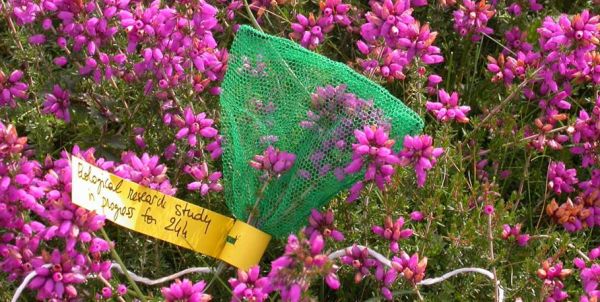
Public festival explores science through art, comedy and debate
Returning for its 11th year, the Leeds Festival of Science will feature stand-up comedy, engaging debates and a world-record colouring challenge.

Returning for its 11th year, the Leeds Festival of Science will feature stand-up comedy, engaging debates and a world-record colouring challenge.

The family tree of the largest group of mammals—those that nourish their young with placentas—divided later than scientists previously thought, according to a new study.

Scientists at the University of Leeds will run the equivalent of password cracking software to find the chemical keys to defeating the Ebola virus.

The University of Leeds is a partner in a new research project to improve our understanding of rainfall and flood predictions in Scotland.

The first Britain-wide assessment of the value of wild flowers as food for pollinators shows that decreasing resources mirror the decline of pollinating insects.

Around 10% of UK primary care patients prescribed antidepressants for depression or anxiety have undiagnosed bipolar disorder, a study has found.

An international team of scientists has shed new light on the earthquake that devastated Nepal in April 2015, killing more than 8,000 people.

A new study may have resolved a fundamental question concerning the development of Earth as a planet on which animals could flourish: what came first, increasing levels of oxygen or complex animals?

A new £3.4 million programme will develop new tools to understand which interactions between proteins in the human body are relevant to disease.

Scientists have developed an innovative way of using one of the biggest problems facing health services—antibiotic resistance—to develop drugs to combat some of the most intractable diseases.